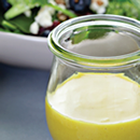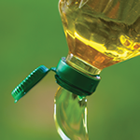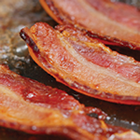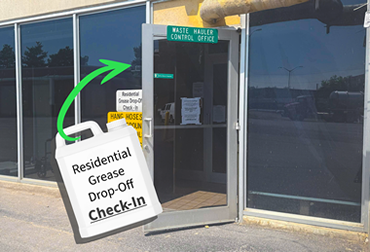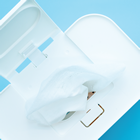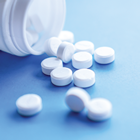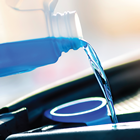 |
||||||||||||||||||||||||||||||||||||
|
||||||||||||||||||||||||||||||||||||
|
||||||||||||||||||||||||||||||||||||
To Provide Feedback About the Disability Accessibility of An Onondaga County Department's Website, Click Here to Access the Department's Contact Page © 2001- Onondaga County, New York All Rights Reserved. | Ongov.net | Privacy Statement | Directions & Parking | Language or Disability Access Assistance
|
||||||||||||||||||||||||||||||||||||


